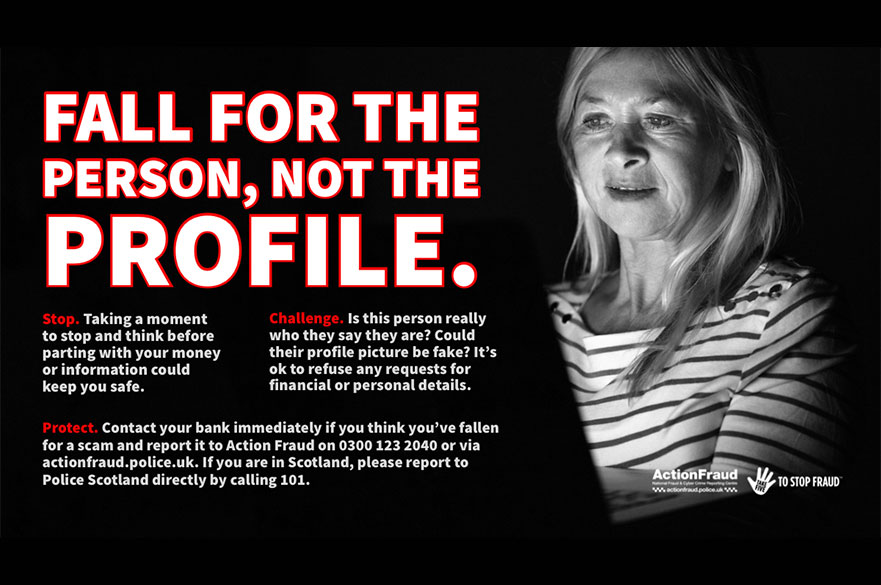Don't be the 'Tinder Swindler's' next victim
Published: 07/02/2023
It's Safer Internet Day today and with Valentines Day around the corner, it’s important to be mindful of romance scams, especially if you use dating apps.
What are romance scams?
Romance scams are when you think you’ve met your perfect partner online, but they aren’t who they say they are... A scammer adopts a fake online identity to gain your affection. They then use the romantic relationship to manipulate and steal from you. Once they’ve gained your trust, they may suddenly show signs of desperation and need money quickly.
Scammers will make plans to meet in person or even propose marriage, but it will never happen. They often say they are in the building and construction industry, military or are travelling in a different country to make it easier to avoid meeting.
If someone online needs your bank account information to deposit money, they are most likely using your account to carry out other theft and fraud schemes.


Tips for avoiding romance scams
- Take care with what you post and make public online. Scammers can use details shared on social media and dating sites to better target and manipulate you.
- Research the person’s photo and profile. Performing a reverse image search on a search engine can help reveal if the images are stolen and not real.
- Think twice if the individual seems too perfect, or quickly asks you to leave the dating service or social media site to communicate directly.
- Don't let anyone try to isolate you from friends and family. This is a common way to make you vulnerable.
- Never send inappropriate photos or financial information that could later be used to extort money from you.
- Be wary if they promise to meet in person but then always comes up with an excuse why they can’t.
- Always ask lots of questions. The con-artists who carry out romance scams are experts at what they do and will seem genuine, caring and believable so keep delving.
- Never ever send money to anyone you haven't met in person.
If you believe you are the victim of online fraud, you can report this to Action Fraud by calling 0300 123 2040 or visiting www.actionfraud.police.uk
Stay safe online with our cyber security workshop and online learning
Head to our Digital Skills unit in NOW and complete the Cyber Security Awareness unit to ensure you are:
- aware of security threats and know what to do if you think your data has been compromised
- able to identify the warning signs and how to avoid being a victim of phishing emails, social media fakes and suspicious websites
- developing good security practices when using Outlook and Teams
- confident reporting a data breach.
You can find plenty of advice and information on cyber security on StudentHub.